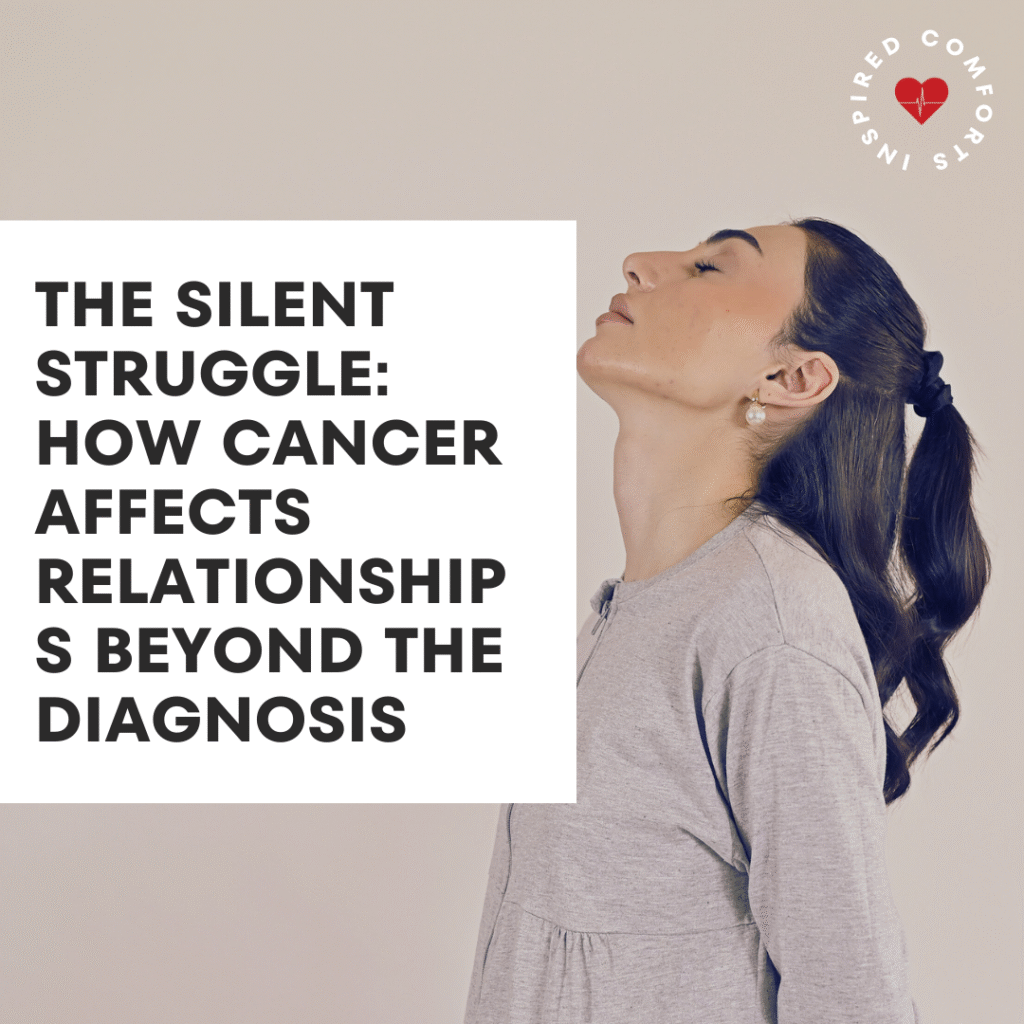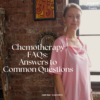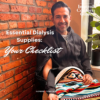Cancer doesn’t just affect the body, it transforms lives. While most discussions focus on treatment and survival, there’s an equally important but less-talked-about reality: the emotional and relational toll cancer takes on patients. From strained friendships to increased divorce rates, cancer can disrupt even the strongest relationships. In this blog, we’ll explore why that happens and how to support patients through these challenges.

Understanding the Emotional Fallout of Cancer
A cancer diagnosis initiates more than just a medical battle. It often triggers:
- Chronic stress and anxiety
- Personality shifts due to trauma
- Emotional withdrawal or mood swings from medication
- Fear of abandonment or becoming a burden
These psychological changes, often compounded by physical side effects, can alter how a person communicates, engages socially, and expresses affection.

The Misunderstood Role of Physical Appearance
Many assume that changes in appearance (such as hair loss, weight fluctuations, surgical scars, or fatigue) are the main reason patients experience relationship losses. But in reality, it’s the emotional and behavioral changes driven by trauma, medication side effects, and identity shifts that tend to distance partners and loved ones.
Medication and Behavioral Changes
Certain cancer treatments—like chemotherapy, hormone therapy, or steroids—can cause:
- Depression and irritability
- Loss of libido or intimacy issues
- Cognitive fog or forgetfulness
- Mood instability
When these behaviors aren’t understood or openly discussed, they often lead to miscommunication, frustration, and emotional disconnection.

Divorce and Relationship Breakdowns: A Common Outcome
Studies show that cancer can lead to a higher risk of divorce or separation—especially when the woman is the patient. The reasons are complex:
- Partners may not be emotionally equipped to cope
- Patients may isolate themselves as a coping mechanism
- Roles and responsibilities in the relationship shift dramatically
These pressures create cracks that, if unaddressed, can widen over time.
How to Support Relationships Through the Journey
- Normalize Therapy and Counseling: Individual or couples therapy can help both parties understand what’s happening emotionally and how to cope.
- Open Communication: Honest conversations about fears, changes, and needs can strengthen connection.
- Educate the Support Circle: Friends and family should be aware of the emotional toll cancer takes so they can show up with patience and empathy.
- Give Grace: Cancer is a time of survival—not perfection. It’s okay for emotions to be messy.
The Role of Comfort in Emotional Healing
At Inspired Comforts, we understand that comfort isn’t just physical—it’s emotional too. Our adaptive clothing and wellness-focused essentials are designed to make patients feel seen, supported, and dignified through every stage of their journey.
Whether you’re recovering from treatment, preparing for a hospital visit, or simply needing a moment of softness in a tough time, our pieces are created with your healing in mind.
When words fall short, comfort can still speak volumes. Explore Inspired Comforts’ collection created to support cancer warriors through every stage—with softness, adaptability, and care in every stitch.







